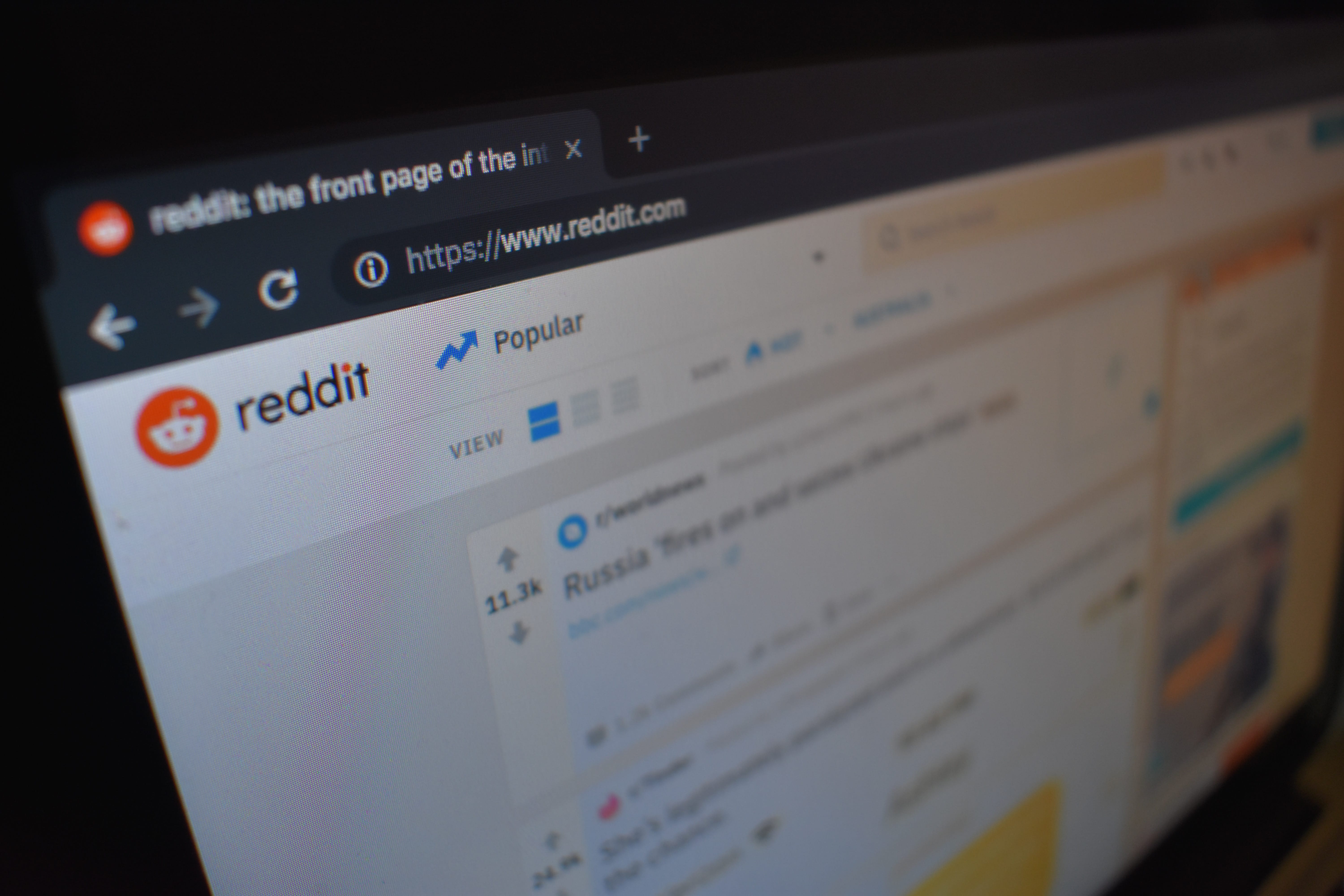Sex traffickers may have been forced underground following federal act.
In 2018, lawmakers voted to hold online platforms such as Facebook and Tumblr accountable when people used their sites for sex trafficking via the Fight Online Sex Trafficking Act. But now, some experts believe the results of doing so have had more of a negative impact than expected by pushing traffickers underground. And now, Senators Bernie Sanders of Vermont and Elizabeth Warren of Massachusetts have joined eleven others in backing a federal study of the measure’s effects.
“[Sex-trafficking] is really a good test case as we’re looking at other types of carve-outs to Section 230,” said Jeff Kosseff, an expert on Section 230 of the Communications Decency Act, a 1996 law that gave platforms immunity for what their users post. Taking a closer look on the impact of holding sites accountable for trafficking could have widespread implications after the fact.
Advocates fighting against trafficking warned ahead of the vote on Fight Online Sex Trafficking Act about the potential downsides of the law that now seem to have come to fruition. Representative Ro Khanna, a Democrat of California who was one of the few votes against the bill, said he believed Congress should have heard more about those concerns.

“It misunderstands the way that trafficking works, if you think that making it less visible reduces the occurrence,” said Kate D’Adamo, an advocate for sex workers’ rights.
Khanna helped write the new legislation to study the law, stating, “They didn’t hear the perspective of the impact it’s having on sex workers. This is a cautionary tale that we have to be very deliberate, thoughtful, inclusive in how we regulate the internet.” He added he “hoped it would bolster the case for a repeal of the 2018 law.”
Demonstrators rallied over how the bills could make individuals less safe. “Sex workers are disproportionately women of color, transgender, and are by definition the most marginalized in our society. They don’t have people chasing their boats. They don’t have people seeking their contributions,” Khanna said. “The Democratic Party says that it stands most for the marginalized. If we are to be true to that aspiration, then we have to be willing to stand with those communities.”
Senator Richard Blumenthal, a Democrat from Connecticut who sponsored the 2018 law, said “the sex trafficking carve-out was written to change tech industry practices,” and added he felt the law had fulfilled its purpose. “Any website that closed down because of the law,” he said, “did so because it was knowingly facilitating sex trafficking or it was misled by critics of the law.”
Sites such as Craigslist and Reddit have already removed a wealth of content that could be sexual in nature because the companies found it too difficult to tell whether people featured in the posts were being trafficked. The sites removed full sections that were magnets for sex-related content without thoroughly vetting the ads. This may have caused traffickers to go underground and some legitimate postings may have been compromised by the move.
“Any tool or service can be misused,” Craigslist said in a statement, however, after shutting down its personals section. “We can’t take such risk without jeopardizing all our other services.”
Sources:
Stamping Out Online Sex Trafficking May Have Pushed It Underground
Democrats want data on how sex workers were hurt by online crackdown


Join the conversation!